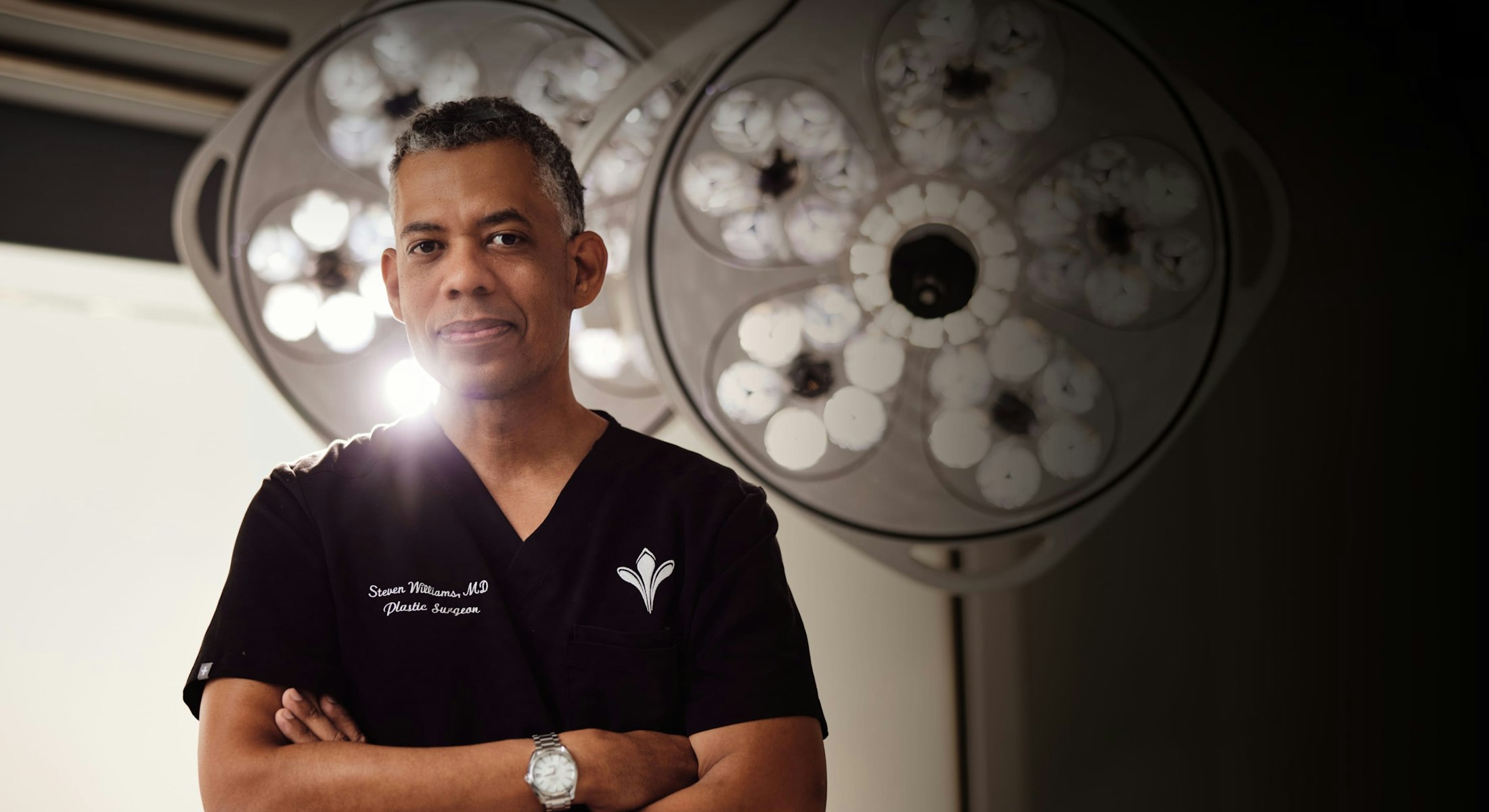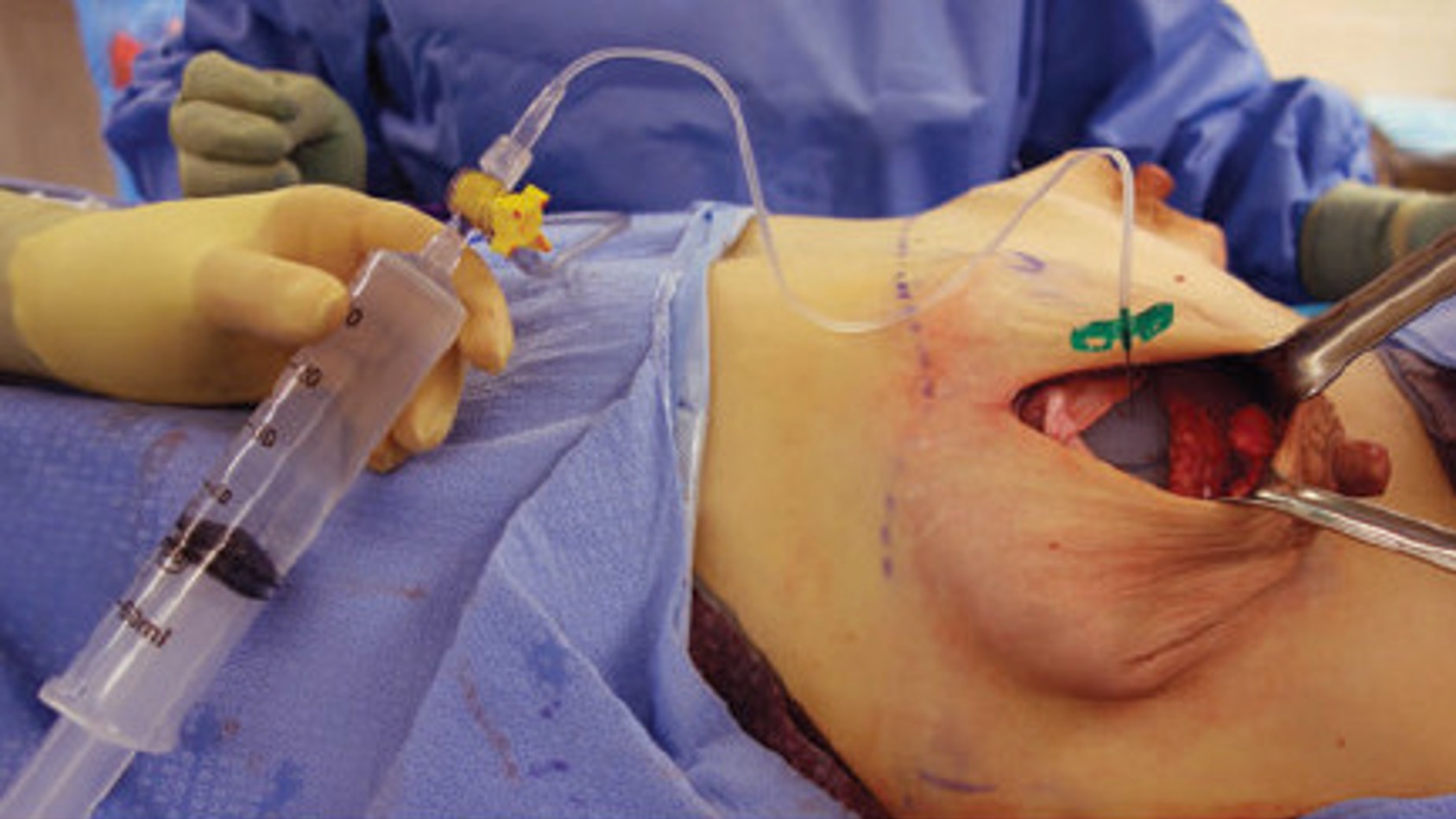Mommy Makeover Rancho Cucamonga: Recover Your Younger Figure with Expert Procedures
Mommy Makeover Rancho Cucamonga: Recover Your Younger Figure with Expert Procedures
Blog Article
Examining the Psychological and Social Factors That Drive People to Think About Plastic Surgery as a Method of Renovation
The choice to seek cosmetic surgery typically expands past plain visual appeals, intertwining with social and mental dynamics that merit detailed evaluation. Variables such as self-esteem, pervasive social elegance standards, and the pervasive impact of social media assemble to form individual motivations for surgical enhancement.
The Function of Self-worth
Self-worth dramatically influences an individual's choice to seek cosmetic surgery. People with low self-worth typically regard themselves in a negative light, causing sensations of inadequacy regarding their physical appearance. This negative self-perception can drive them to look for surgical interventions as a technique of boosting their self-image. The desire for enhancement in one's look is frequently linked to an idea that such changes will certainly boost their overall self-regard and self-confidence.

Ultimately, the duty of self-confidence in the decision-making process concerning cosmetic surgical treatment highlights the complex interplay in between body photo, personal satisfaction, and psychological wellness. Recognizing this partnership is crucial for healthcare experts to ensure that clients are making informed choices rooted in realistic expectations and psychological health.
Social Appeal Requirements
Influenced by prevalent media portrayals and social stories, societal elegance criteria play an important duty in shaping people' assumptions of their very own bodies. These requirements are often characterized by an idealized form of elegance that emphasizes traits such as youthful vigor, proportion, and slimness. As these ideals are perpetuated with different channels, including film, tv, and advertising, people often internalize these messages, causing discontentment with their natural appearance.
The implications of these societal norms expand past aesthetic preferences; they can influence self-esteem, mental health, and social connections. People who view themselves as disappointing these criteria may experience feelings of insufficiency, triggering a need for cosmetic surgery as a way of attaining social approval. This pursuit is usually fueled by the idea that adhering to these perfects will boost not just physical appearance however also social standing and personal satisfaction.

Impact of Social Media Site
The impact of societal beauty standards is additional intensified by the surge of social media systems, where curated images and idealized representations of charm are common. Users are continuously exposed to filteringed system and edited photographs, which frequently depict unattainable physical qualities. This direct exposure grows a culture of contrast, leading individuals to examine their own appearance against these commonly unrealistic benchmarks.
Social network influencers and celebrities often advertise cosmetic procedures, stabilizing the notion that surgical improvements are a practical ways for attaining social suitables (plastic surgery rancho cucamonga). The visibility of these enhancements can create an understanding that going through plastic surgery is a common practice, thus influencing people to consider comparable interventions as a pathway to enhanced self-esteem and social acceptance
Additionally, the interactive nature of social networks enables instant comments with likes and remarks, better strengthening the wish to satisfy preferred appeal requirements. Such interactions can worsen sensations of inadequacy and drive people towards plastic surgery as a way of getting recognition. Inevitably, social media sites facelift rancho cucamonga plays an essential role in shaping understandings of appeal, which significantly impacts the decision-making processes surrounding cosmetic surgical procedure.

Social Viewpoints on Look
Across numerous societies, assumptions of look are deeply rooted in historical, social, and economic contexts, shaping individuals' sights on appeal and desirability. In lots of societies, look acts as a substantial marker of identification, affecting social condition, professional possibilities, and individual connections. As an example, in some societies, light skin is frequently related to riches and privilege, while others might glorify darker skin tones as symbols of strength and credibility.
Furthermore, traditional appeal standards are frequently bolstered through cultural stories, media depictions, and family affects, causing differing suitables throughout various regions (plastic surgery rancho cucamonga). In Western societies, the focus on young people and fitness frequently drives people toward aesthetic improvement, while in particular Eastern cultures, more refined adjustments straightened with typical aesthetics may be favored
Globalization and the proliferation of digital media have further complicated these characteristics, producing a hybridization of beauty perfects that goes beyond geographical boundaries. As people significantly navigate these cultural narratives, the pressure to satisfy details appearance criteria can lead to the need for plastic surgery, reflecting an intricate interaction of social values and personal desires. Recognizing these cultural perspectives is crucial in addressing the motivations behind cosmetic surgical procedure factors to consider.
Psychological Effects of Aesthetic Surgery
Many people looking for cosmetic surgical procedure report experiencing profound mental effects that can considerably modify their self-perception and psychological well-being - plastic surgery rancho cucamonga. The need for physical enhancement frequently comes from underlying issues such as low self-confidence, body dysmorphic problem, or societal stress concerning appeal standards. For some, the immediate post-operative stage can cause a momentary boost in confidence and satisfaction with their look, promoting a sense of empowerment
However, these favorable sensations might not be sustaining. Study indicates that while some individuals experience boosted self-worth, others might encounter heightened stress and anxiety or depression if their expectations are not met. This inconsistency can emerge from unrealistic perfects continued by media representation and social stories surrounding elegance.
Furthermore, the psychological ramifications of plastic surgery prolong beyond the individual. Relationships with friends and family may be stressed as social dynamics change, bring about sensations of isolation or my sources alienation. Ultimately, the mental effects of plastic surgery are diverse and intricate, requiring careful consideration by both prospective individuals and doctor to make sure enlightened decision-making and reasonable assumptions.
Final Thought
To conclude, the decision to go after cosmetic surgical procedure is significantly influenced by a combination of self-esteem concerns, societal appeal requirements, and social point of views on look. The prevalent reach of social media sites better worsens these stress, advertising impractical suitables that people usually make every effort to obtain. Comprehending these mental and social elements is vital for dealing with the motivations behind plastic surgery, highlighting the need for a more nuanced conversation surrounding charm and self-acceptance in modern society.
The decision to go after cosmetic surgical treatment commonly extends past mere looks, intertwining with psychological and social characteristics that merit extensive exam. Ultimately, social media plays a critical function in shaping understandings of charm, which dramatically impacts the decision-making processes surrounding cosmetic surgery.
As individuals significantly browse these cultural narratives, the stress to adjust to certain appearance standards can lead to the need for cosmetic surgical procedure, showing a complex interaction of social values and personal aspirations.In final thought, the choice to go after cosmetic surgical treatment is significantly influenced by a mix of self-worth problems, social charm criteria, and social perspectives on look. Comprehending these emotional and social aspects is essential for dealing with the motivations behind cosmetic surgical treatment, highlighting the requirement for a more nuanced conversation surrounding elegance and self-acceptance in explanation modern society.
Report this page